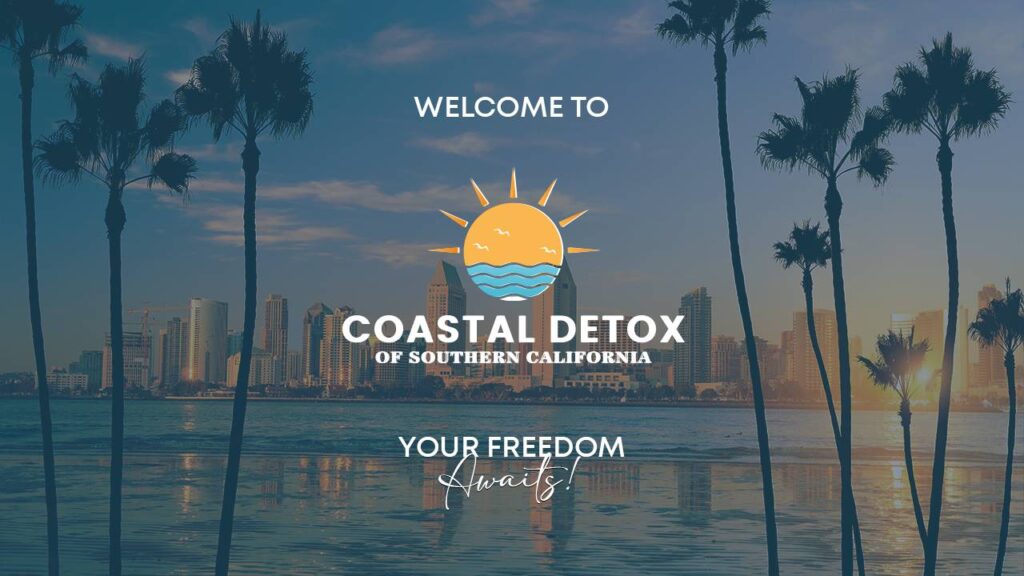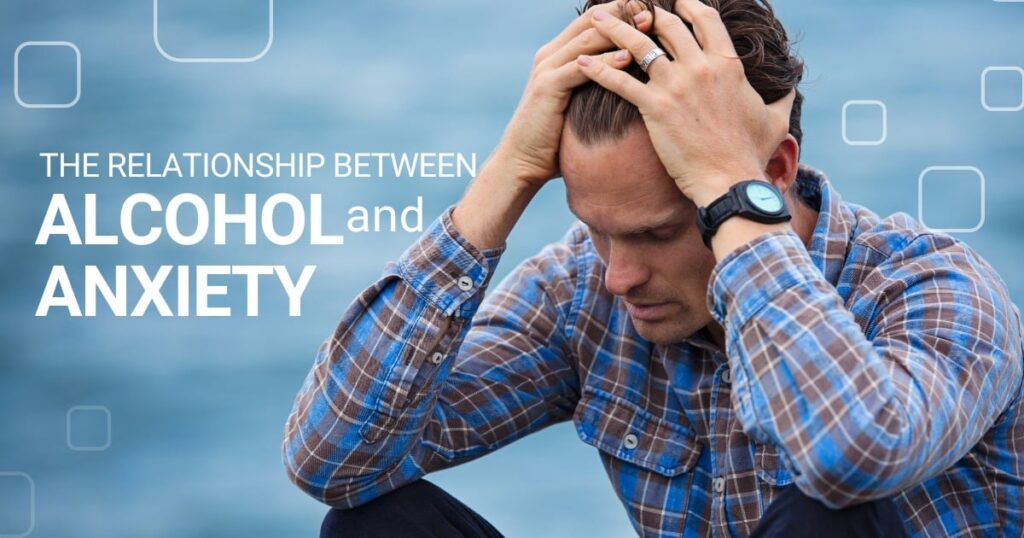There are bidirectional relationships between alcohol and anxiety. People with high anxiety levels may be more likely to drink to self-medicate or deal with their symptoms. Another scenario is alcohol-induced anxiety, particularly the day after drinking. Both can be problematic and may need professional intervention to deal with them.
People with anxiety disorders, depressive disorders, obsessive-compulsive disorder, and other mental health conditions are generally at a greater risk of developing a substance use disorder, known as a dual diagnosis or co-occurring disorder.
“Relaxing” with Alcohol
We’re culturally programmed to view alcohol as something to turn to when we need to relax or unwind. There is an element of truth to the fact that alcohol can reduce anxiety in the short term since it’s a depressant and sedative affecting the central nervous system.
- When you initially have a drink, your mind may leave your problems or worries.
- If you’re in a social setting, you might feel more outgoing, which can boost your mood.
- Many early effects when you first drink are similar to antianxiety medicines.
- You might feel relaxed at first when you drink because your blood alcohol content, or BAC, is rising. The rising levels of BAC feel temporarily pleasant, but then, as your levels fall, you may experience anxiety symptoms, depression, and other negative mental health effects or symptoms similar to psychiatric disorders.
- However, drinking to relax can become a dangerous cycle with significant mental and physical health effects.
- Once you start to drink regularly, you develop a tolerance.
- You need more and more to feel the same effects, including stress reduction. Then, this can perpetuate increasing feelings of stress and anxiety.
Drinking large amounts of alcohol for any reason can cause negative consequences like losing your memory, blackouts, and brain and liver damage. If you develop a health issue related to drinking, it will likely only worsen pre-existing anxiety.
How Alcohol Makes Anxiety Symptoms Worse
When you drink alcohol, it affects neurotransmitters in the brain, such as serotonin. Any use of a substance affecting neurotransmitters can impact your mood and worsen mental health symptoms. Along with serotonin, alcohol also affects GABA and dopamine. Your body begins to act differently in everyday situations because of the ongoing effects of alcohol.
For example, some people experience panic when they drink because it affects GABA. Small amounts of alcohol may stimulate GABA, which has a relaxing effect. Heavy drinking, by contrast, can reduce GABA and cause feelings of anxiety and panic.
If someone has a panic disorder or anxiety disorder and uses alcohol, they might also become dependent. When you’re dependent on alcohol, you may experience withdrawal symptoms when you try to stop drinking. One symptom of alcohol withdrawal is severe anxiety.
What About “Hangxiety?”
Another issue with alcohol-induced anxiety is sometimes referred to as hangxiety after a night of drinking. Some people experience anxiety or panic attacks when they have a hangover and other symptoms like nausea and headaches.
There’s not one specific reason that researchers have yet identified as to why some people experience hangover-related symptoms of anxiety and others don’t.
There’s the possibility that it could relate to social anxiety or social phobia. People who struggle with anxiety will often use alcohol to help them feel more confident and outgoing in social situations. Then, you start to relax with a few drinks and are less shy. As the effects of the alcohol wear off, you may feel anxiety again and have the compounding effects of feeling anxious about what you said or did while drinking.
Another theory as to why some people experience hangxiety is because of the detox effect, which we briefly touched on above. Your body must eventually process the alcohol out of your system; this is detoxification and a mild withdrawal. This can take several hours, with symptoms including anxiety-like behaviors, restlessness, and nervousness.
Also relevant in the relationship between alcohol and anxiety is emotional withdrawal. Endorphins are our bodies’ natural painkillers, and they’re feel-good hormones. Alcohol triggers the release of endorphins initially, but then there’s a comedown, which can cause intense anxiety. The same occurs with drug abuse for many people.
Even nutritional components of alcohol use can cause or worsen anxiety. For example, if you’re dehydrated, which tends to occur after drinking, you may experience anxiety and mood changes as symptoms. When people don’t get enough folic acid, it can also affect their mood and mental health. Folic acid is depleted by alcohol, and a lack of these nutrients is a risk factor for anxiety and depression.
When you drink, it negatively affects your sleep. Even small amounts of alcohol can diminish your sleep quality, and you might feel off in terms of your mood, and your anxiety symptoms could be worse.
For someone who experiences “hangxiety” or alcohol-induced anxiety, the length of time their symptoms last varies depending on their characteristics. You may have anxiety for around 14 to 16 hours after your first hangover symptoms. If you’re physically dependent on alcohol and going through actual withdrawal, symptoms might start shortly after your last drink and can last for around a week or sometimes longer.
Self Medicating with Alcohol
The most important thing you can remember with alcohol-induced anxiety is that excessive drinking or problematic drinking is not a treatment for stress or major anxiety disorders. It will only worsen problems and create a vicious cycle that is hard to break over time, increasing the risk of a substance use disorder. The downsides of alcohol consumption aside from new or worsening anxiety can include depression and a higher risk of health conditions like liver disease, obesity, and heart disease.
If you have a mental health disorder, including anxiety, it’s not a good idea to drink alcohol. If you’re trying to self-medicate your anxiety, a mental health professional can help you.
Many treatment options are available for anxiety, and they tend to work well for many people. Treatment can depend on the type of anxiety disorder you have.
- If you have a social anxiety disorder, your treatment provider might recommend cognitive-behavioral therapy and perhaps combine it with medicine like Zoloft.
- You could also participate in talk therapy for generalized anxiety disorder, and your doctor might prescribe medication like Lexapro or Paxil.
- You can make lifestyle changes rather than relying on alcohol. Getting regular, consistent sleep is essential. Besides limiting alcohol intake, if you have an anxiety disorder, be mindful of caffeine intake because it can worsen anxiety.
- Eat healthy, nutritious meals daily, and set aside time to do things you find relaxing and enjoyable.
Please contact us if you struggle with anxiety, alcohol abuse, or both. We can help you learn more about your anxiety and recommend treatment options, and we can also help you detox and quit abusing alcohol. Effective treatments for mental disorders, substance use disorders, and co-occurring disorders are available. To learn more contact the Coastal Detox of Southern California at 858-293-5301









